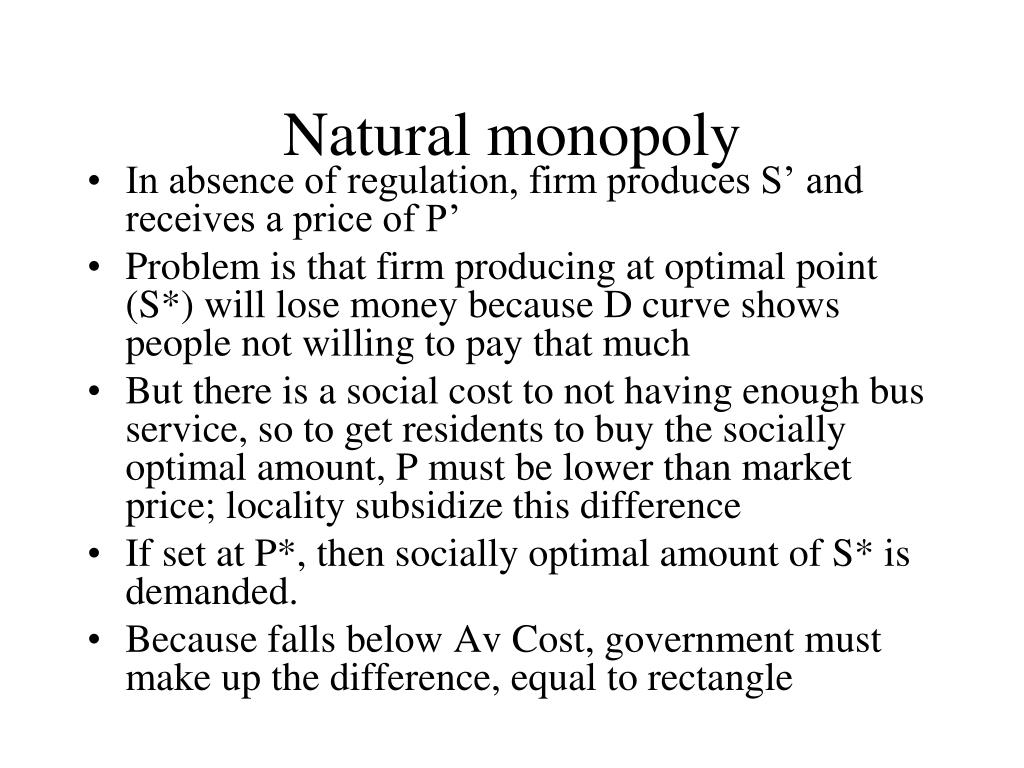

From this premise they conclude that transmission and distribution must continue to be regulated, because in the absence of regulation, transmission and distribution owners would not face sufficient competition to keep prices low to consumers and to achieve economic efficiency in transmitting and distributing electricity. Backward-looking, static regulatory thinking about how benefits are generated through competition hampers the unleashing of possible benefits of competition in the electricity industry.īoth federal and state policymakers continue to treat transmission and distribution as natural monopolies, meaning they believe one firm could supply the entire demand at lower cost than multiple firms serving the relevant market. Currently, though, the antiquated transmission system and continuing retail and distribution regulation at the state level hamper growth and efficiency in the electricity industry. The deregulation of wholesale prices and the removal of geographic restrictions on sales of generated electricity have unleashed dramatic changes in the industry and led to increasing efficiency.


Instead, natural monopolies occur when a company takes advantage of an industry’s high barriers to entry to create a “moat” or protective wall around its operations. Explaining ‘Natural Monopoly’Ī natural monopoly, like the name implies, is a monopoly that does not arise due to collusion, consolidation or hostile takeovers. Since it is economically sensible to have some monopolies like these, governments allow them to exist but provide regulation, ensuring consumers get a fair deal. Additionally, natural monopolies can arise in industries that require unique raw materials, technology or other similar factors to operate. Natural Monopoly What is a ‘Natural Monopoly’Ī natural monopoly is a type of monopoly that exists as a result of the high fixed costs or startup costs of operating a business in a specific industry. Natural monopolies were discussed as a potential source of market failure by John Stuart Mill, who advocated government regulation to make them serve the public good. This frequently occurs in industries where capital costs predominate, creating economies of scale that are large in relation to the size of the market examples include public utilities such as water services and electricity. A natural monopoly is a monopoly in an industry in which high infrastructural costs and other barriers to entry relative to the size of the market give the largest supplier in an industry, often the first supplier in a market, an overwhelming advantage over potential competitors.


 0 kommentar(er)
0 kommentar(er)
